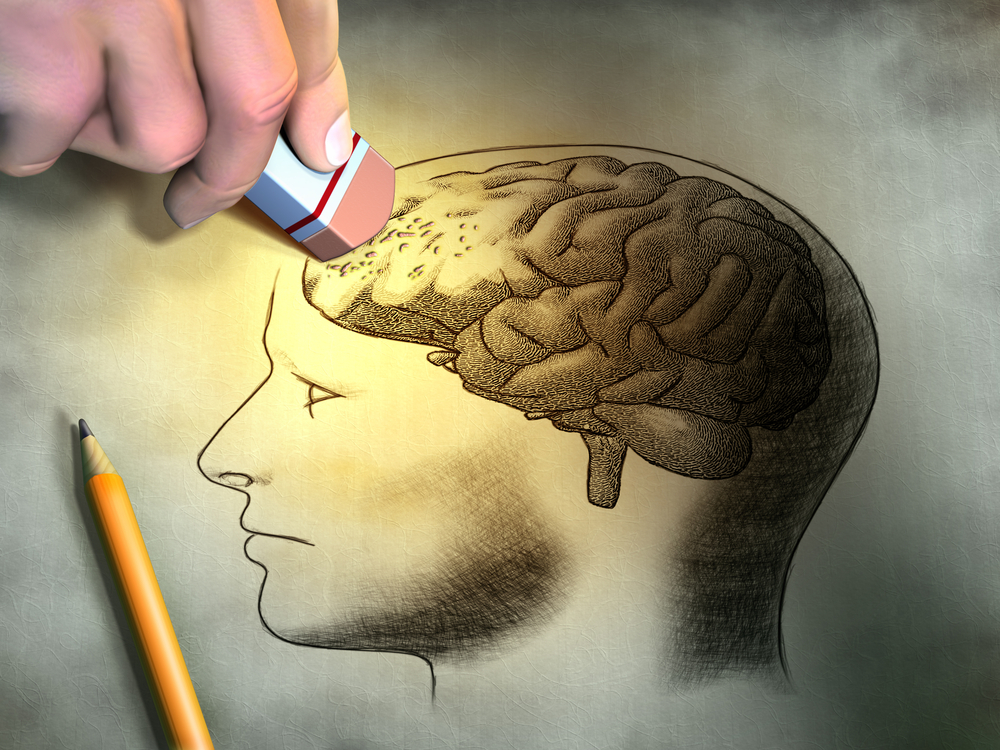The Brain Conserves Energy By Forgetting
by Jason von Stietz, M.A. - November 11, 2015

How is it that we seem to forget information that we deem useless or unnecessary? Researchers at the Lund University in Sweden have investigated one of the brain’s mechanisms of forgetting or ignoring such information. The study was discussed in a recent article by MedicalXpress:
Our brains not only contain learning mechanisms but also forgetting mechanisms that erase "unnecessary" learning. A research group at Lund University in Sweden has now been able to describe one of these mechanisms at the cellular level.
The group's results, published in the international journal Proceedings of the National Academy of Sciences of the United States of America (PNAS), explain a theoretical learning phenomenon which has so far been difficult to understand.
The premise is that human or animal subjects can learn to associate a certain tone or light signal with a puff of air to the eye. The air puff makes the subject blink, and eventually they blink as soon as they hear the tone or see the light signal. The strange thing, however, is that if the tone and the light are presented together (and with the air puff), the learning does not improve, but gets worse.
"Two stimuli therfore achieve worse results than just one. It seems contrary to common sense, but we believe that the reason for it is that the brain wants to save energy", says brain researcher and professor Germund Hesslow.
His colleague Anders Rasmussen, who performed the present study, has previously shown that when the brain has learnt a particular association sufficiently, certain neurons that act as a brake on the learning mechanism, are activated.
"You could say that the part of the brain that learned the association (a part of the brain called the cerebellum) is telling its 'teacher': 'I know this now, please be quiet'. When the brain has learnt two associations, the brake becomes much more powerful. That is why it results in forgetting, usually only temporarily, however", explains Germund Hesslow.
Maintaining unnecessary association pathways requires energy for the brain. The researchers believe that this is the reason for the brake mechanism – even though in this case it happened to be a little too powerful.
The Lund researchers were able to describe how the nerve cells learn and forget through studies of animals, but believe that the mechanisms are likely to be the same in the human brain. Therefore, these findings are of fundamental interest for both brain researchers and psychologists. They could also be of practical interest to educators.
"Obviously, it should be important for teachers to know the mechanisms by which the brain erases the things it considers unnecessary. You do not want to accidentally activate these mechanisms", says Germund Hesslow.
Read the orginal article Here

 Subscribe to our Feed via RSS
Subscribe to our Feed via RSS